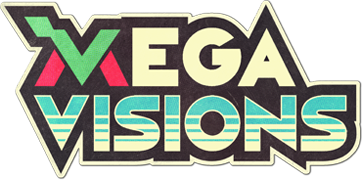7 awesome changes in the System Shock remake
The System Shock remake brings plenty of awesome updates and changes, so let's talk about the improvements it makes.
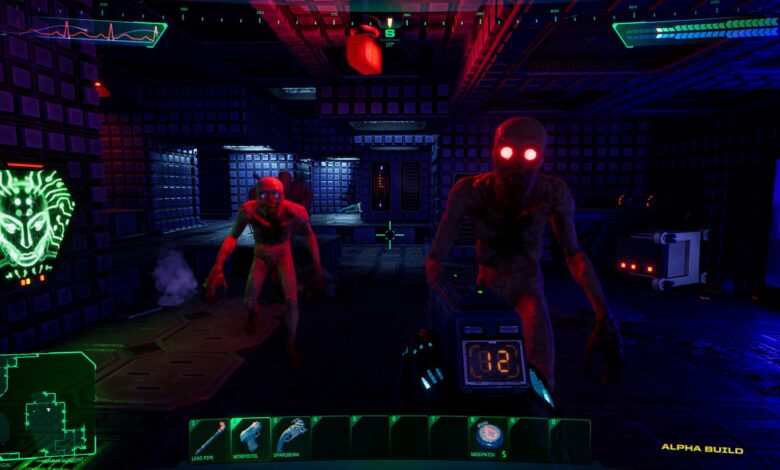
Designing a remake that pays homage to the original work while improving on its faults and aged mechanics isn’t easy. When Nightdive Studios announced the System Shock remake all those years ago with changes and additions, many were understandably skeptical. Nightdive had a track record by this time for updated ports of classic games, but remaking one entirely — especially one as venerated as System Shock — is a different beast.
After years of development and multiple delays, the game (which we’ll call System Shock Remake) is finally almost here. It recently went gold and will launch for PC on May 30.
As with any remake, System Shock Remake features several changes that improve the game feel and tighten up aspects that feel dated. System Shock helped reinvent the shooter genre back in 1994, and Nightdive took care to honor that legacy while updating it for the modern era. Here’s seven awesome changes that the remake brings to this classic title.
1: The UI
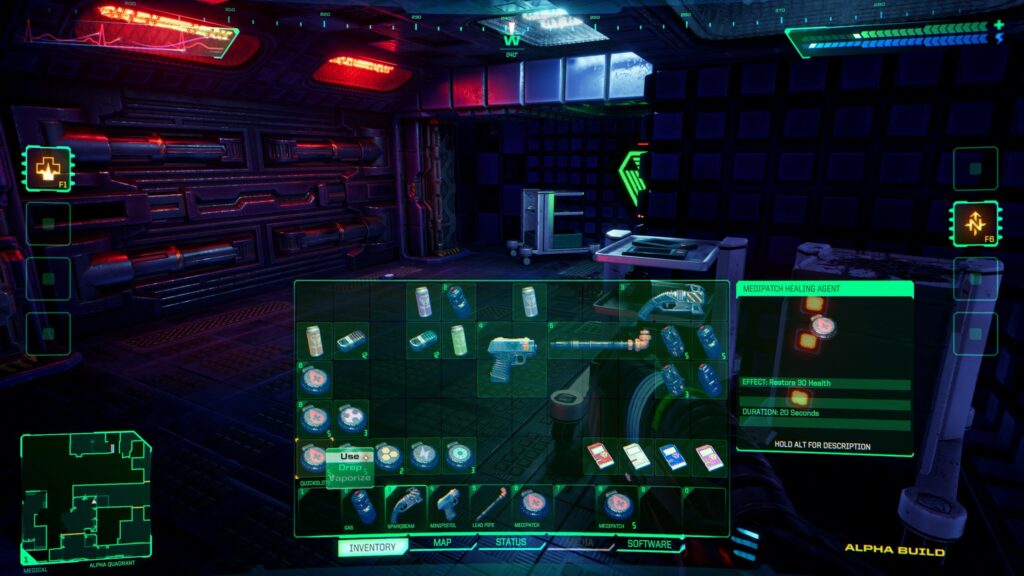
Undoubtedly, one of the largest areas that needed changing is the UI. The original System Shock was 100% built for PCs before WASD was ever really a thing. And while it had a profound impact on first-person shooters, the game was primarily an action-adventure game. Translating that directly to modern PCs in the modern FPS landscape would make this game dead on arrival. And console versions? Forget about it.
Nightdive knew this from the outset. The team redesigned the UI from the ground up to complement the more modern gameplay and keybindings. The original game had keyboard shortcuts but mostly required you to switch between moving your camera and selecting items on the UI with your mouse. Now, the mouse is used entirely for directing the player’s focus.
While the System Shock UI may have been groundbreaking back in 1994, it’s one of the chief reasons why you’d find it hard to go back to the original. Now, we have the remake to let people experience this with a control scheme that makes sense.
2: The movement
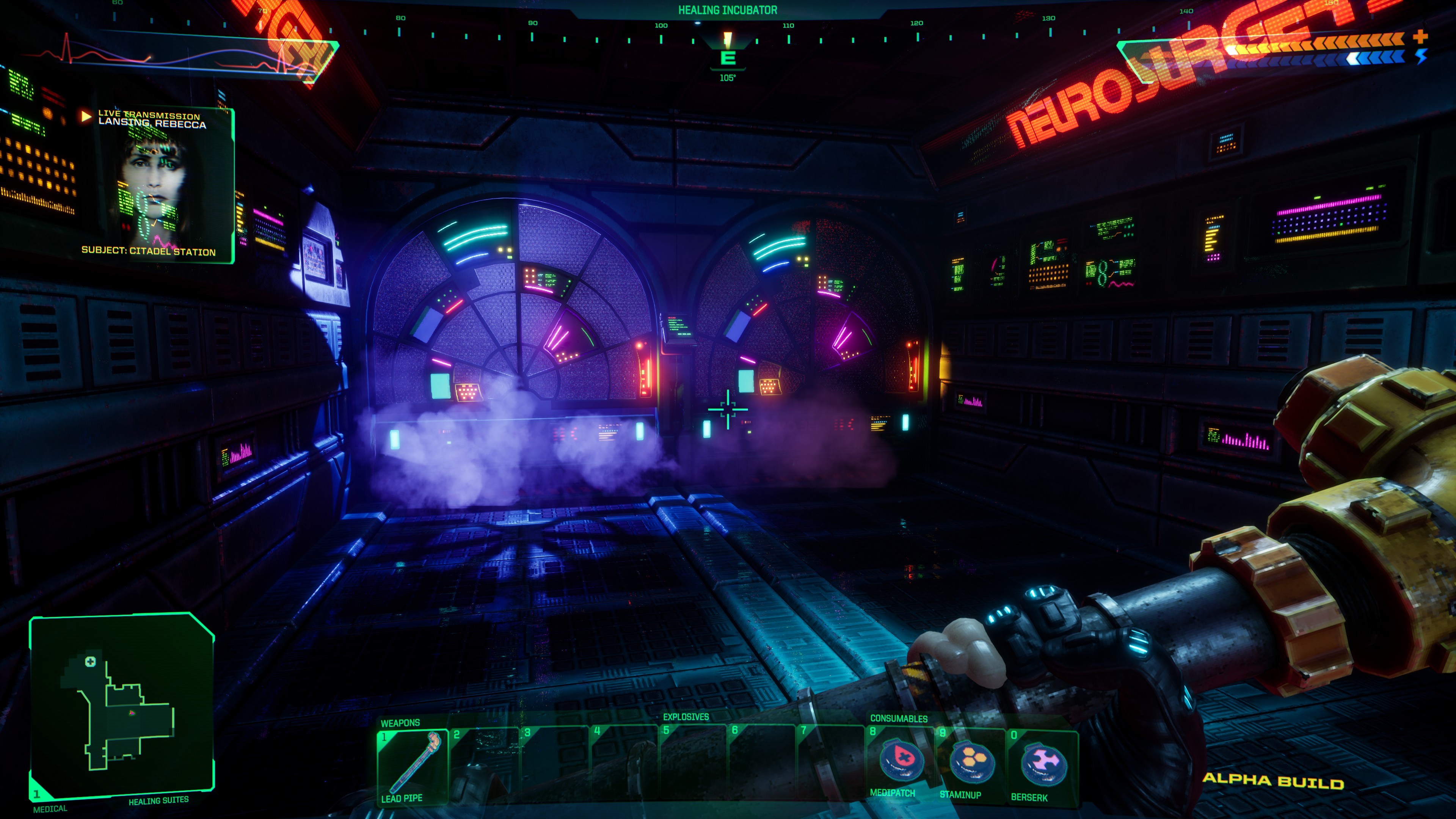
You never quite think about how your character moves in games. That is, unless the movement doesn’t seem quite right.
The original System Shock features very floaty and slippery movement compared to shooters that came later, and is one of the underrated areas that the remake improves upon. Your character is heavier and more grounded than before. It’s done in service of the game’s better focus on stealth and gunplay.
Speaking of which…
3: The gunplay
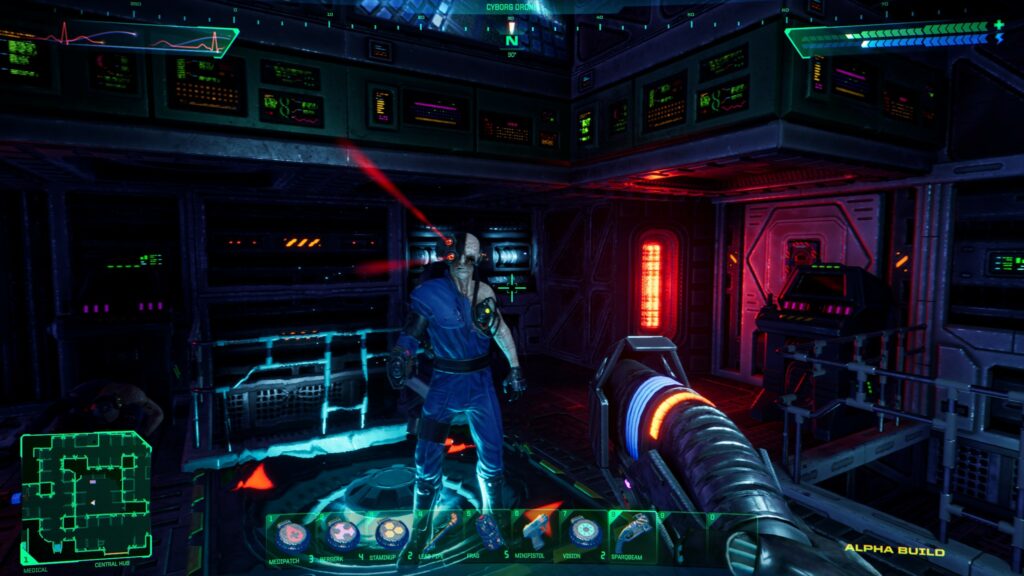
The original System Shock wasn’t just a slow sci-fi burn all the time. You could go full-on guns blazing by the end, provided you kept an eye on your ammo count and picked it up whenever you could.
That’s definitely true of System Shock Remake as well, as you can find updates to every classic weapon and shoot them with improved combat. With the new control scheme and polished gunplay, blasting converted cyborgs has never felt better.
We’ve only played the first level so far thanks to the demo. At this point in the game, you’re trying to conserve ammo and deal with enemies only when you need to. But when you do use the guns, they feel much improved over the original.
4: The Cyberspace sections
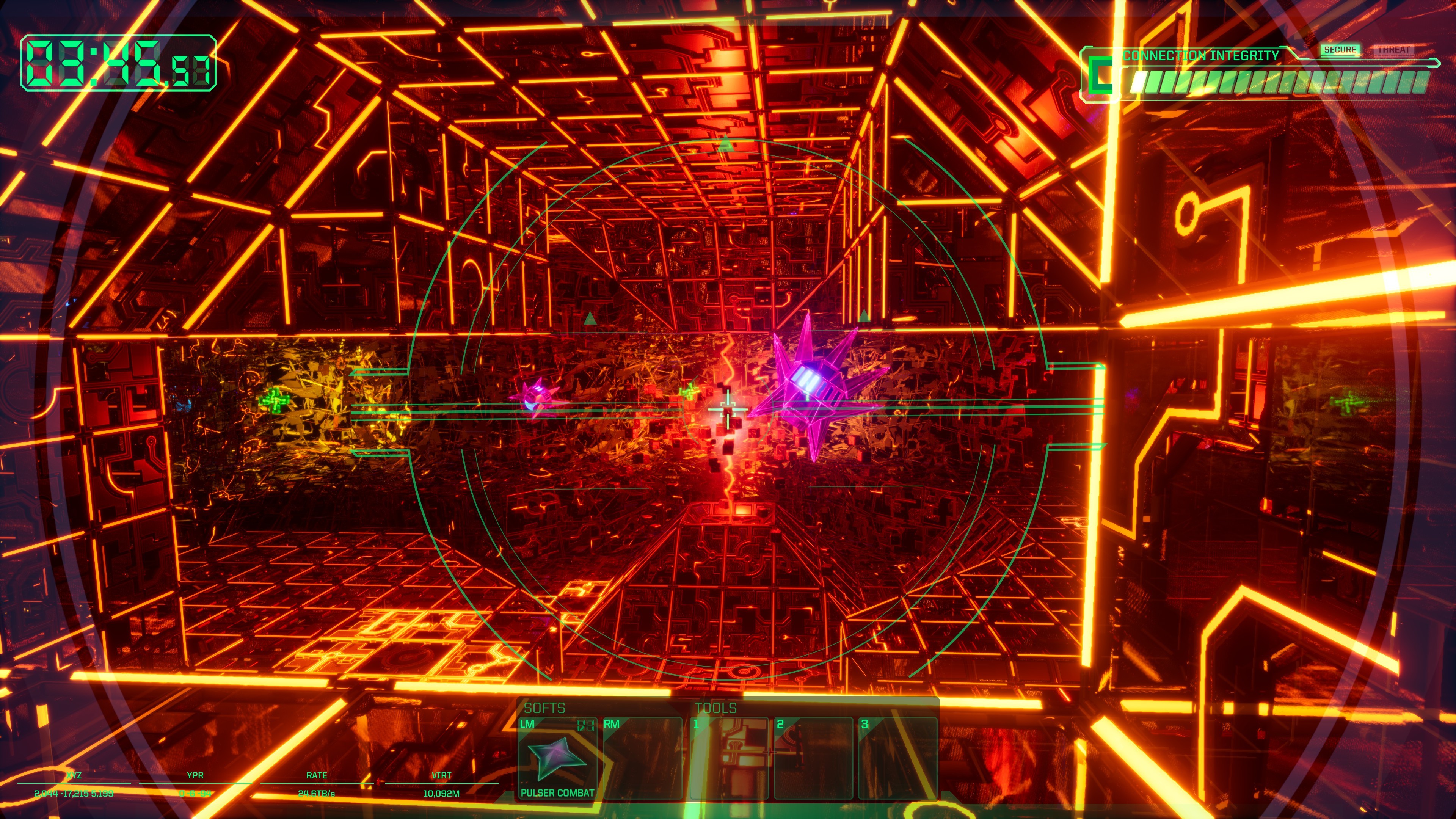
Undoubtedly, some of the most unique sections of the original game were the Cyberspace segments. They’re also undoubtedly the parts that have aged the worst.
The six-degrees-of-motion control scheme and slippery controls makes it hard to adjust to the original game’s controls. In addition, the full 3D environments are extremely primitive, which makes it difficult to really know which way to go.
Like the UI, these sections have been completely overhauled with a better control scheme and higher-quality graphics. Not only do these parts look gorgeous, but it’s much easier to understand where you need to go.
5: The storytelling
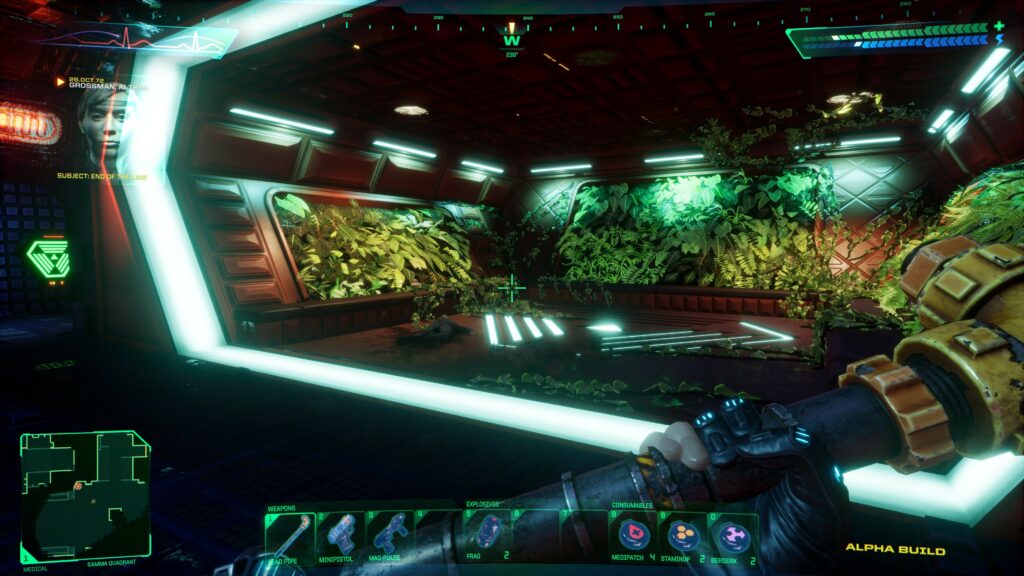
System Shock pioneered the audio log system of storytelling. You’re not interacting with NPCs in the game, but rather listening to the audio logs they’ve left behind to decode information and get the full story. That’s been a system for several games since, and is particularly used in shooters to flesh out the story in between cutscenes.
Nightdive didn’t alter the storyline of System Shock Remake, but did make changes to specific lines to make things more clear or add in details. With new writers coming in to update the dialogue, Nightdive preserves the original script’s skeleton while putting a spit shine on the writing.
At the end of the day, though, you’re still playing as an unnamed hacker entering the bowels of Citadel Station and taking down the rogue AI SHODAN. Fans of the original game will be glad to know that Terri Brosius returns to voice SHODAN once again. We can’t wait to jump back into the game and experience the terrifying chills of SHODAN’s dialogue again.
6: The atmosphere
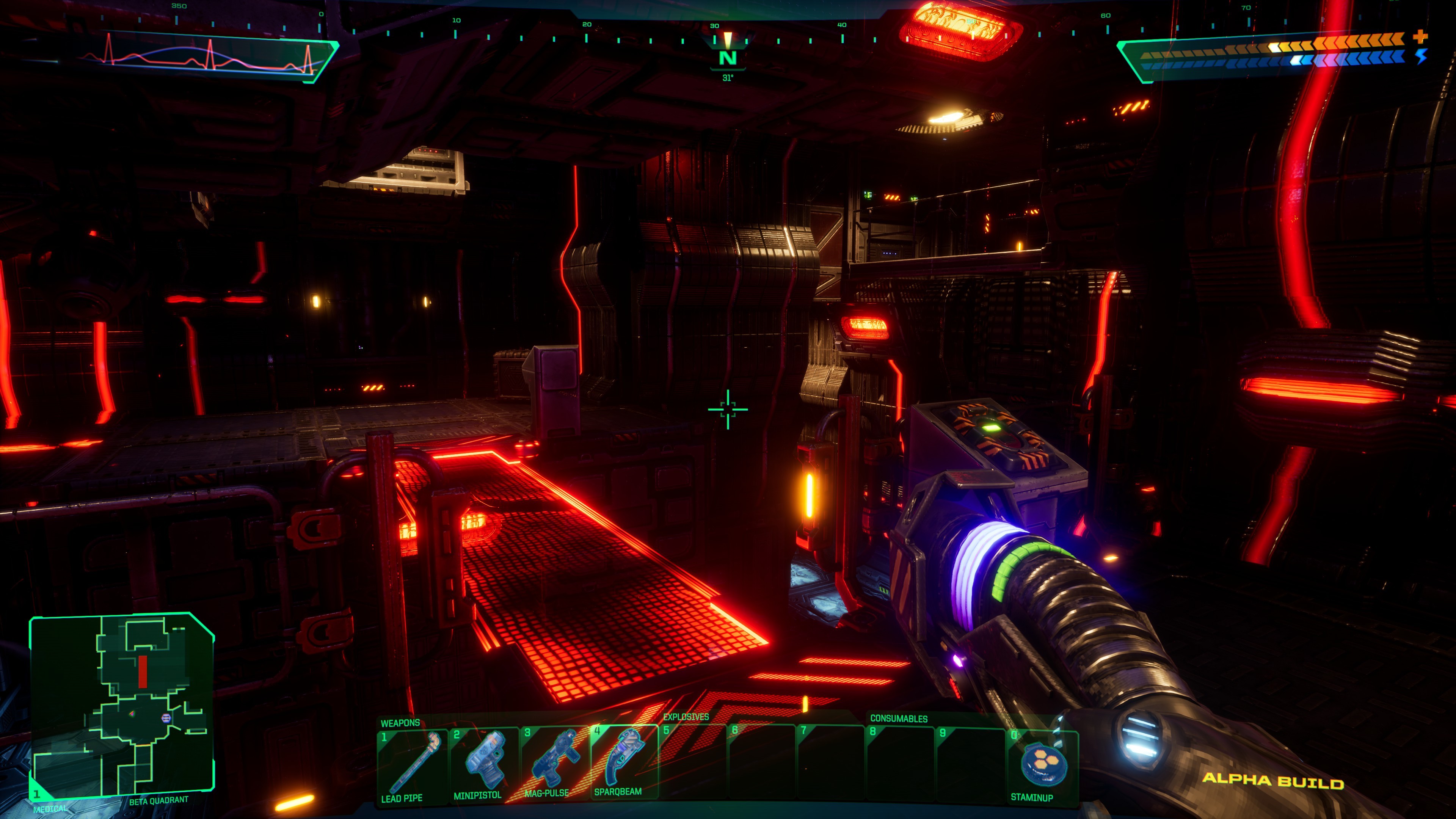
Back in the day, System Shock wowed players with its immersive atmosphere that seamlessly blended action, science fiction, and horror. System Shock Remake follows in its footsteps with a much darker and more sinister atmosphere.
Part of that is the new soundtrack (more on that later), but mostly, it’s the enhanced graphics and lighting. The textures mostly feel like a high-definition recreation of the original game, but the artists took care to design the levels with a better lighting system in mind. The shadows specifically look stunning in the remake, heightening the terror of the bowels of Citadel Station.
It’s not necessarily the same atmosphere as the original. However, it delivers on the System Shock experience you remember with higher-resolution graphics and aesthetics.
7: The soundtrack
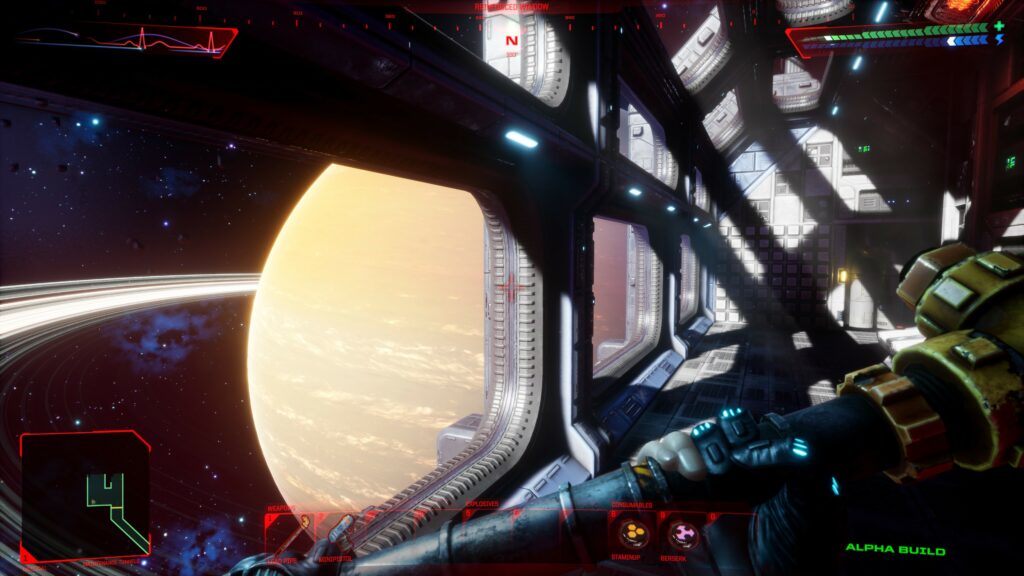
System Shock Remake takes an interesting path regarding its music, opting to replace it complete with a brand new soundtrack. The original score was done by Greg LoPiccolo and Tim Ries, composed of MIDI songs designed for the DOS soundfont. The tracks mostly hold up, although thanks to changes in how computers played MIDI files, the original impact was diminished over time.
LoPiccolo and Ries didn’t return to re-score their original music. Instead, Zircon and Jonathon Peros came in to create an entirely new OST. Whereas the original music is more action-heavy and melody-driven, the remake’s soundtrack is moody and ambient, deliberately softer and more electronic.
We haven’t gotten a chance to listen to the full soundtrack yet, of course. However, with all respect to the original composers, the new soundtrack fits the remake’s atmosphere far better. I’m a booster of the original soundtrack, and yet System Shock Remake matches the new visuals with a more appropriate set of tunes. (And I’m never going to turn down an ambient soundtrack!)
See these changes in action with the System Shock remake
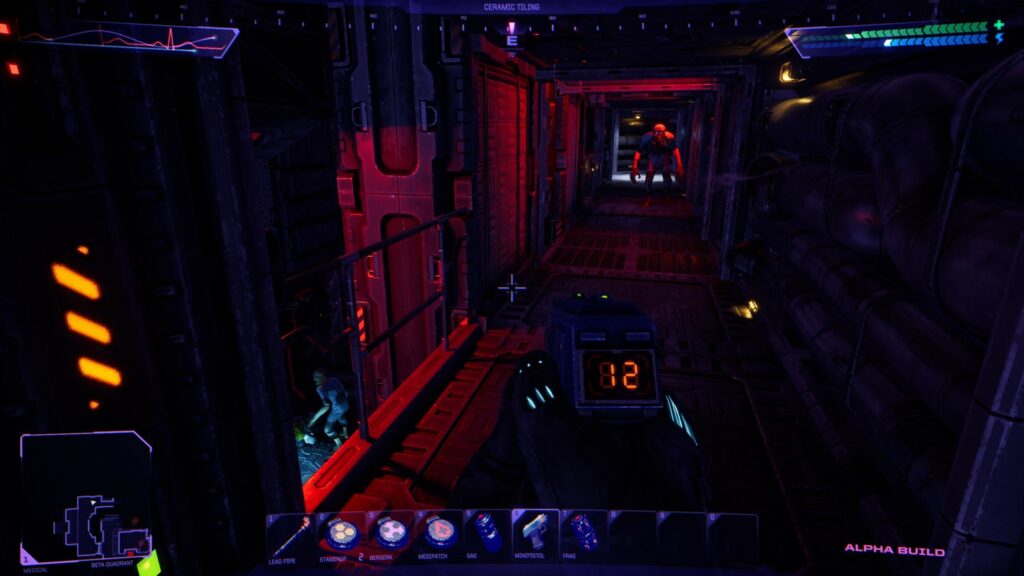
With all these changes, the System Shock Remake promises a satisfying update to this classic title. The team has painstakingly recreated the original game while making the right changes. We’ve enjoyed our time playing the demo and can’t wait to step back onto Citadel Station.
System Shock Remake is developed by Nightdive Studios and published by Prime Matter. It will launch on May 30, 2023 for the PlayStation 4, PlayStation 5, Xbox One, Xbox Series X/S, and PC / Mac / Linux via Steam, Epic Games Store, GOG.com, and Humble Bundle. In the meantime, you can download and play the demo on PC now.
What are you looking forward to with System Shock Remake? Let us know!
